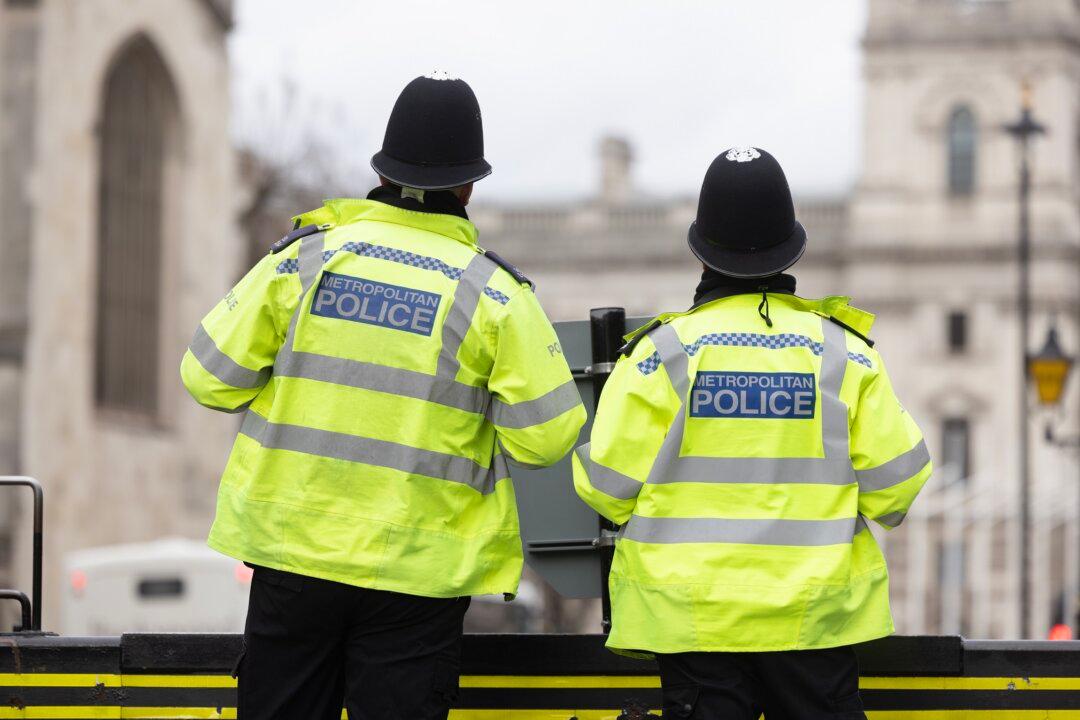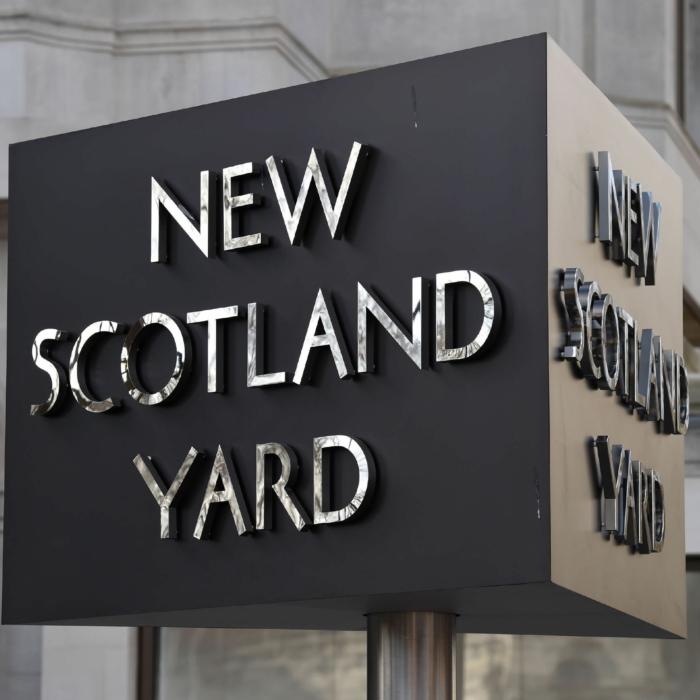Nearly 600 police officers have been dismissed and barred from the force in 12 months to March 2024, figures show.
The figures, which cover 43 police forces in England and Wales, mark a 50 percent increase on the 394 officers who were dismissed from the service in the previous year.
The force reports dismissed individuals to the College of Policing, which then updates the barred list. The list applies to all ranks and includes individuals who decide to retire or resign during an investigation.
This year, the majority of dismissed officers were police constables (519), with two chief officers and 30 special constabulary officers added to the list. The number of dismissals represents 0.35 percent of the workforce.
Assistant Chief Constable Tom Harding, director of operational standards at the College of Policing, said the figures were “hugely disappointing.”
“However, these figures show that we have effective, robust procedures in place to identify and deal with these officers swiftly, and to prevent them from holding future roles in within the police.
Misconduct
The College of Policing figures show that 74 officers were sacked for sexual offences and misconduct and 18 were fired for possessing child exploitation material.The most common causes for dismissal were dishonesty and discriminatory behaviour, accounting for 125 and 71 cases, respectively.
Among other reasons for dismissal, 18 officers were added to the list for sharing discriminatory messages on WhatsApp groups.
Last year, six former Metropolitan Police officers were sentenced after sending grossly offensive messages in a WhatsApp group chat.
In 2021, two police officers were dismissed and later jailed for taking and sharing photographs from a murder scene, following the killing of two women, Nicole Smallman and Bibaa Henry, in London.
Public Trust
The report comes as the force is aiming to rebuild public trust and confidence in policing after it was shattered by a slew of scandals. This includes the murder of Sarah Everard by serving Met Police officer Wayne Couzens and the unmasking of former police constable David Carrick as a serial abuser and rapist.The new Labour government has vowed to boost public confidence in police accountability.
Last month, Home Secretary Yvette Cooper announced a package of reforms she said will “rebuild confidence, tackle delays, provide clarity and ensure that high standards are maintained.”
Under the measures, vetting standards for police forces will be placed on statutory footing and chief constables will be given powers to promptly dismiss officers who fail their vetting. Officers convicted of certain criminal offences will be automatically found to have committed gross misconduct.
The government also wants to strengthen requirements relating to the suspension of officers under investigation for violence against women and girls.
“The British tradition of policing by consent relies on mutual bonds of trust between the public and the police. For our policing model to work, it is essential that the police have the confidence of the communities they serve and that officers have the confidence they need to do their vital and often extremely difficult job of keeping us all safe.
“Too often in recent times, both elements of that confidence have become frayed. The government have made it a mission to put confidence back into policing,” Cooper said.
The National Police Chiefs’ Council’s lead for armed policing, Chief Constable Simon Chesterman, said that the police system was “broken” and welcomed the home secretary’s package of measures.







